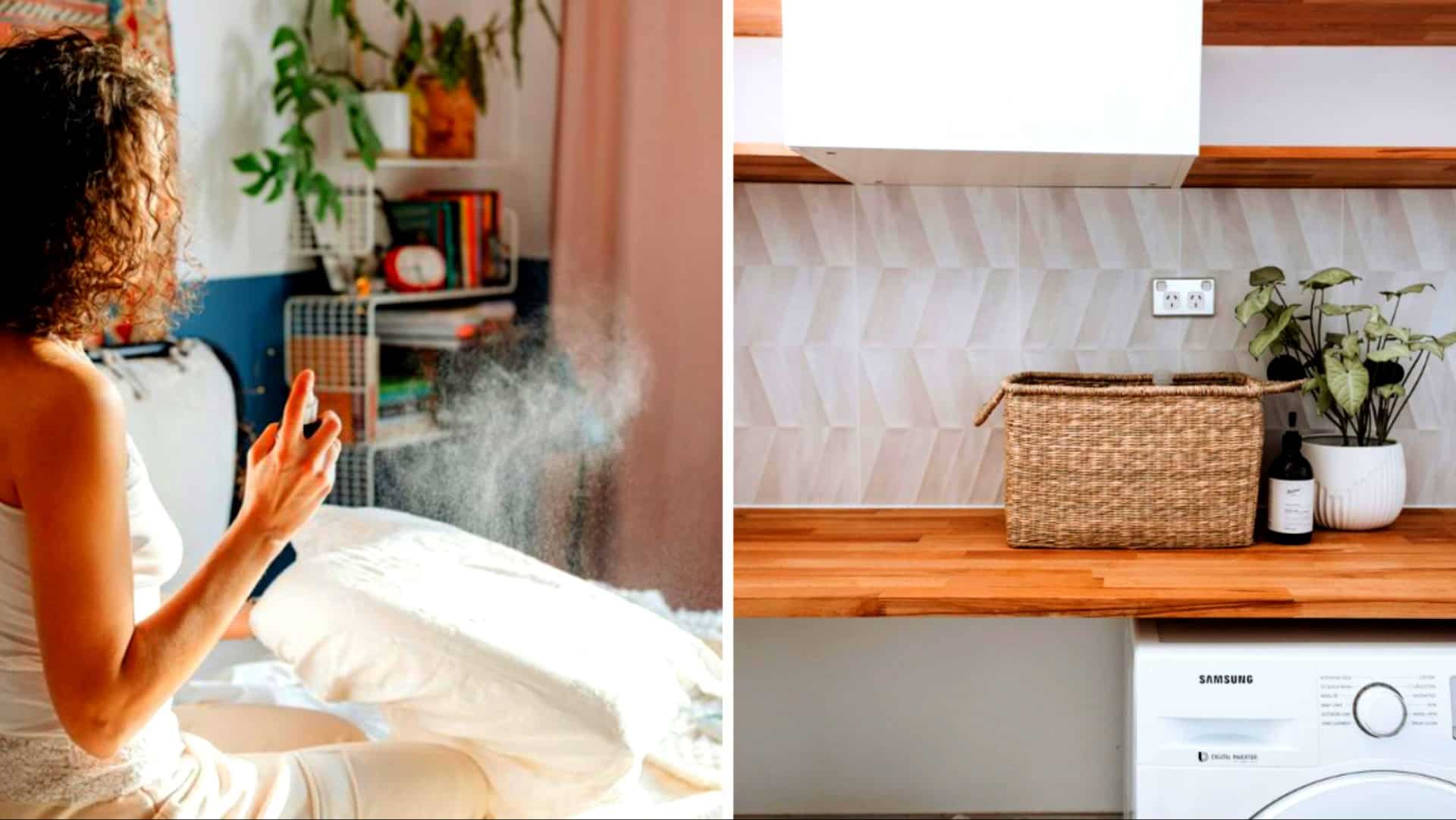We often trust our household items to be safe, but some common products hide toxic secrets.
Here’s a look at 7 surprising culprits and what you can use instead, all while maintaining an engaging and informative approach.
1. Non-Stick Cookware

Non-stick cookware is prized for its convenience, but it can release toxic fumes when overheated.
These fumes may pose health risks, particularly to birds and respiratory health in humans. Opt for stainless steel or cast iron alternatives, which are safer and more durable.
By making this switch, you not only protect your health but also enjoy cooking with more peace of mind.
2. Plastic Food Containers
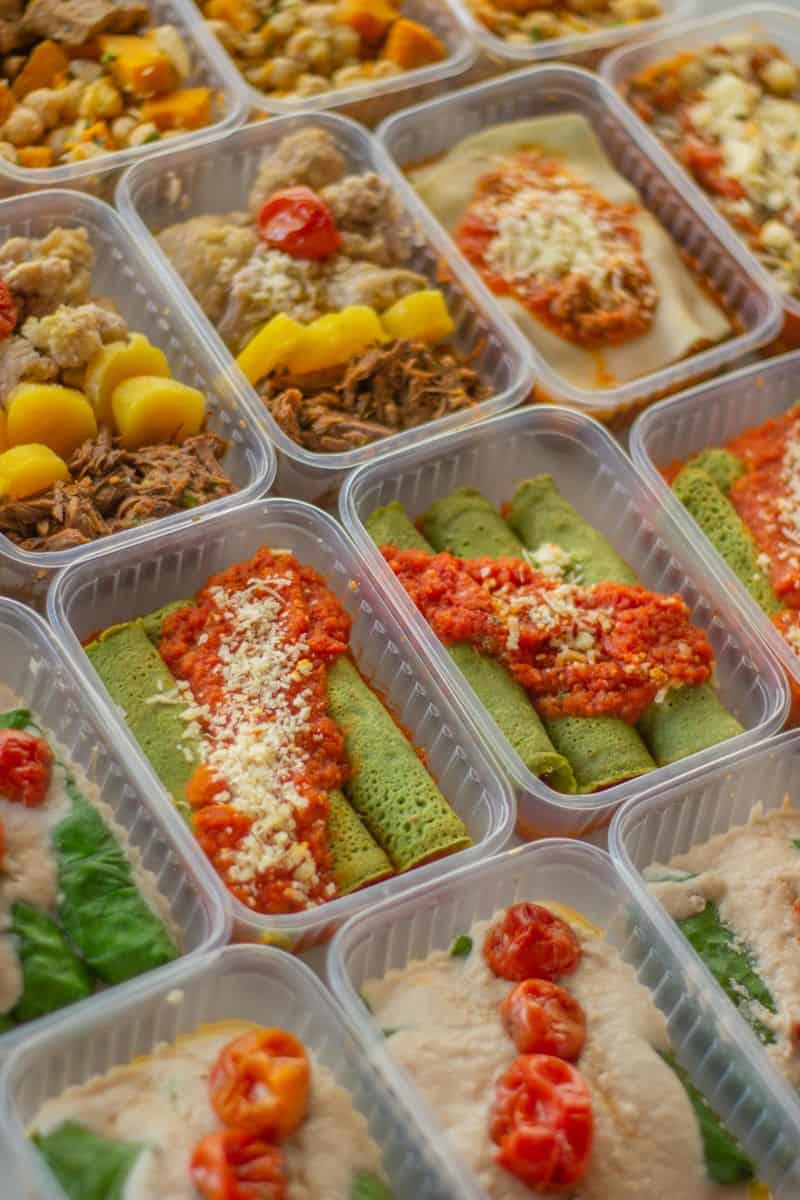
Plastic food containers can leach harmful chemicals like BPA into your meals, especially when heated. These chemicals are linked to several health concerns, including hormonal disruptions.
To reduce risks, switch to glass or stainless steel containers. They are not only safer but also more sustainable, contributing to less plastic waste.
This small change can have a significant impact on your health and the environment.
3. Cleaning Products
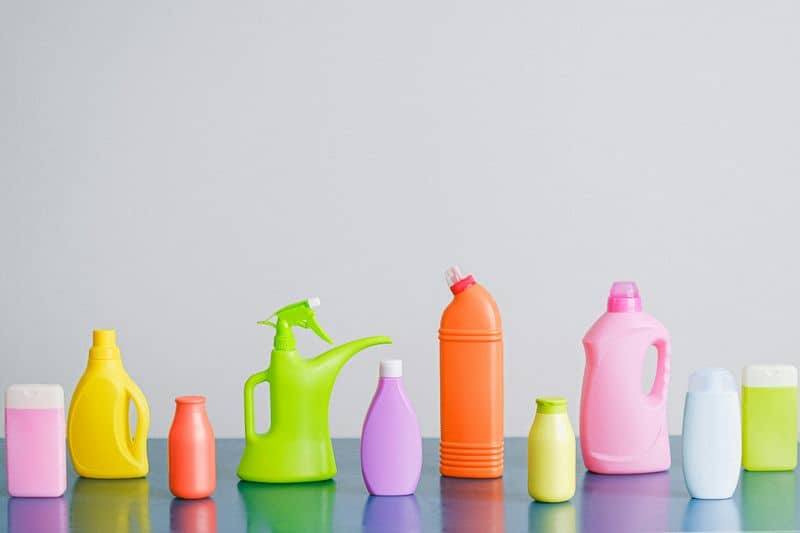
Many household cleaning products contain harsh chemicals that can irritate skin and eyes. Prolonged exposure may even lead to chronic health issues.
Opt for eco-friendly cleaning supplies with biodegradable ingredients. Vinegar, baking soda, and lemon are effective natural alternatives that can tackle most cleaning tasks.
Switching to these options promotes a healthier home environment while being kind to the planet.
4. Antibacterial Soaps
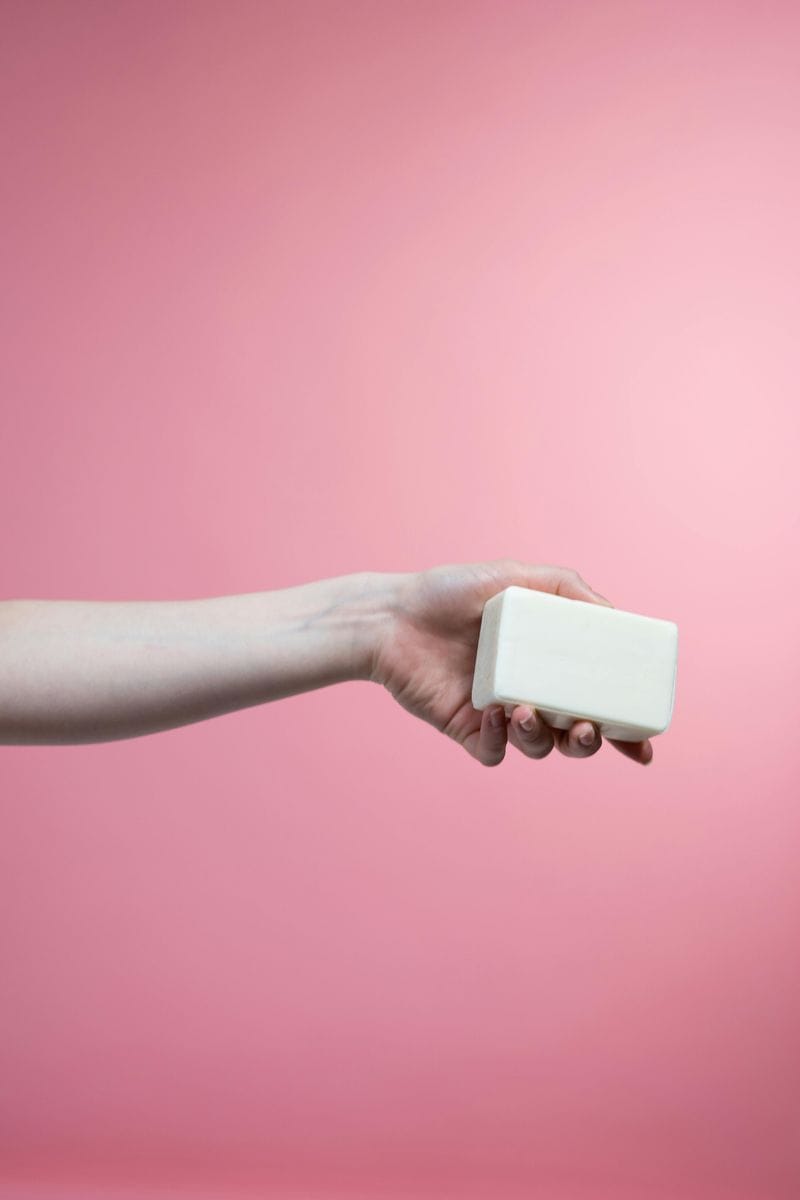
Antibacterial soaps promise superior cleanliness, but they often contain triclosan, a chemical associated with health and environmental concerns.
Regular soap is just as effective for cleaning hands, without the added risks. By choosing traditional soaps, you avoid unnecessary exposure to harmful substances.
This selection not only supports personal health but also reduces the ecological footprint, promoting a cleaner planet.
5. Air Fresheners
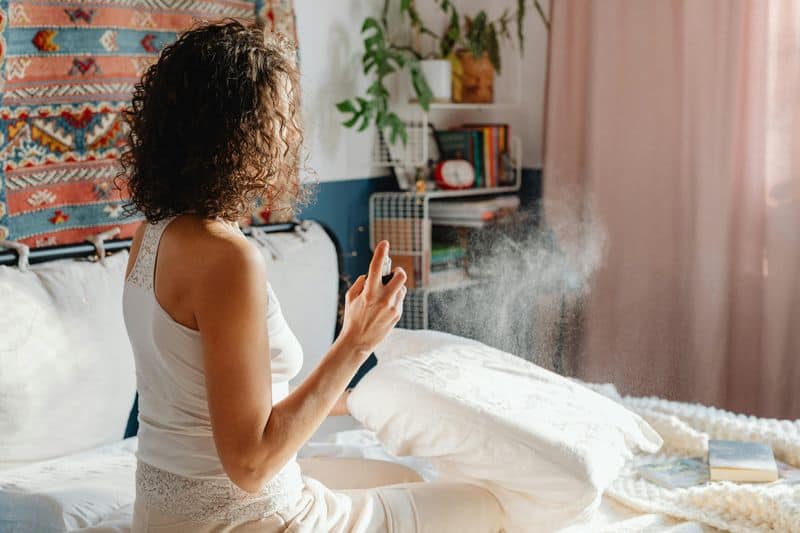
Air fresheners might seem like a harmless way to keep your home smelling fresh, but they often contain harmful chemicals.
These compounds can irritate respiratory systems and trigger allergies. Instead, consider using natural alternatives like essential oil diffusers or potpourri.
These options not only smell great but also reduce exposure to toxins. Always read labels and opt for organic products when possible.
6. Personal Care Products
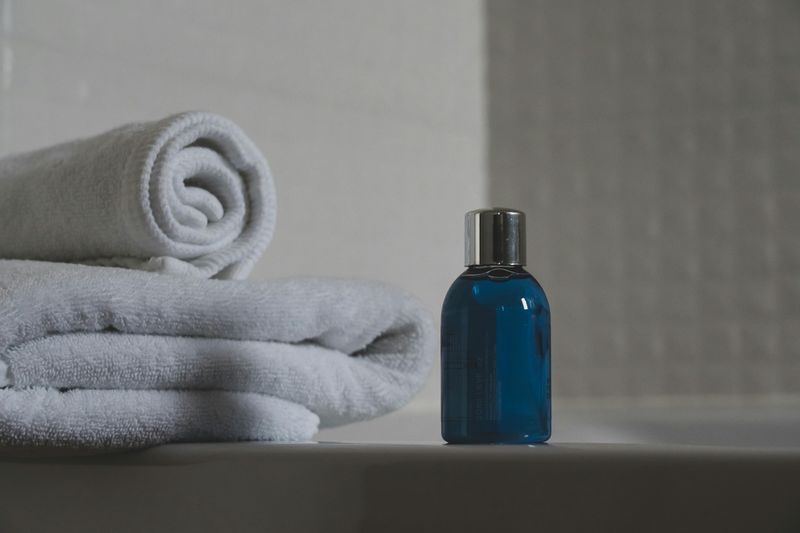
Personal care products often contain ingredients that can be harmful over time. Parabens and phthalates, common in many compositions, pose potential health risks.
Opt for products labeled as paraben-free and phthalate-free. Natural and organic brands offer safer alternatives without sacrificing quality.
Being cautious about what goes on your skin is just as important as what goes into your body.
7. Fabric Softeners
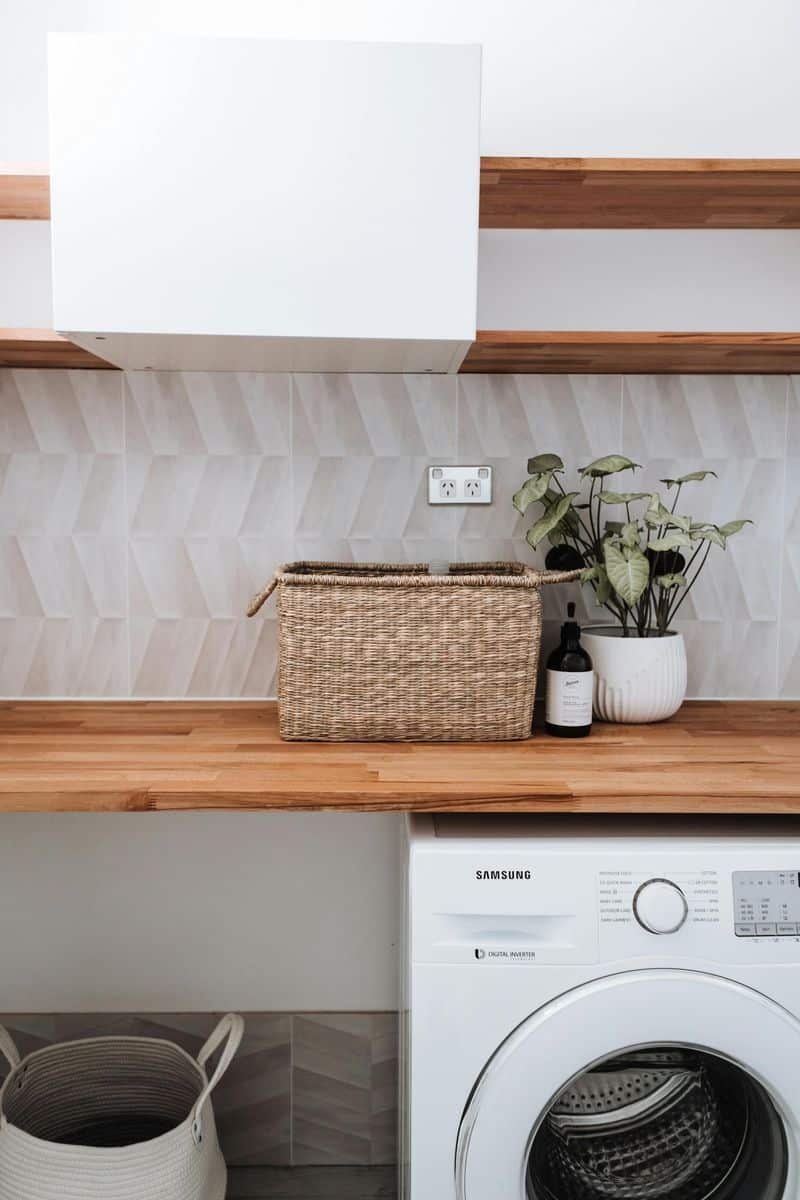
Fabric softeners might make clothes feel soft and smell pleasant, but they often contain harmful chemicals. These can cause skin irritation and respiratory issues.
Consider using alternative methods like white vinegar, which can naturally soften fabrics without the risk of irritation.
This simple, cost-effective switch can enhance your laundry routine and contribute to a healthier lifestyle.

